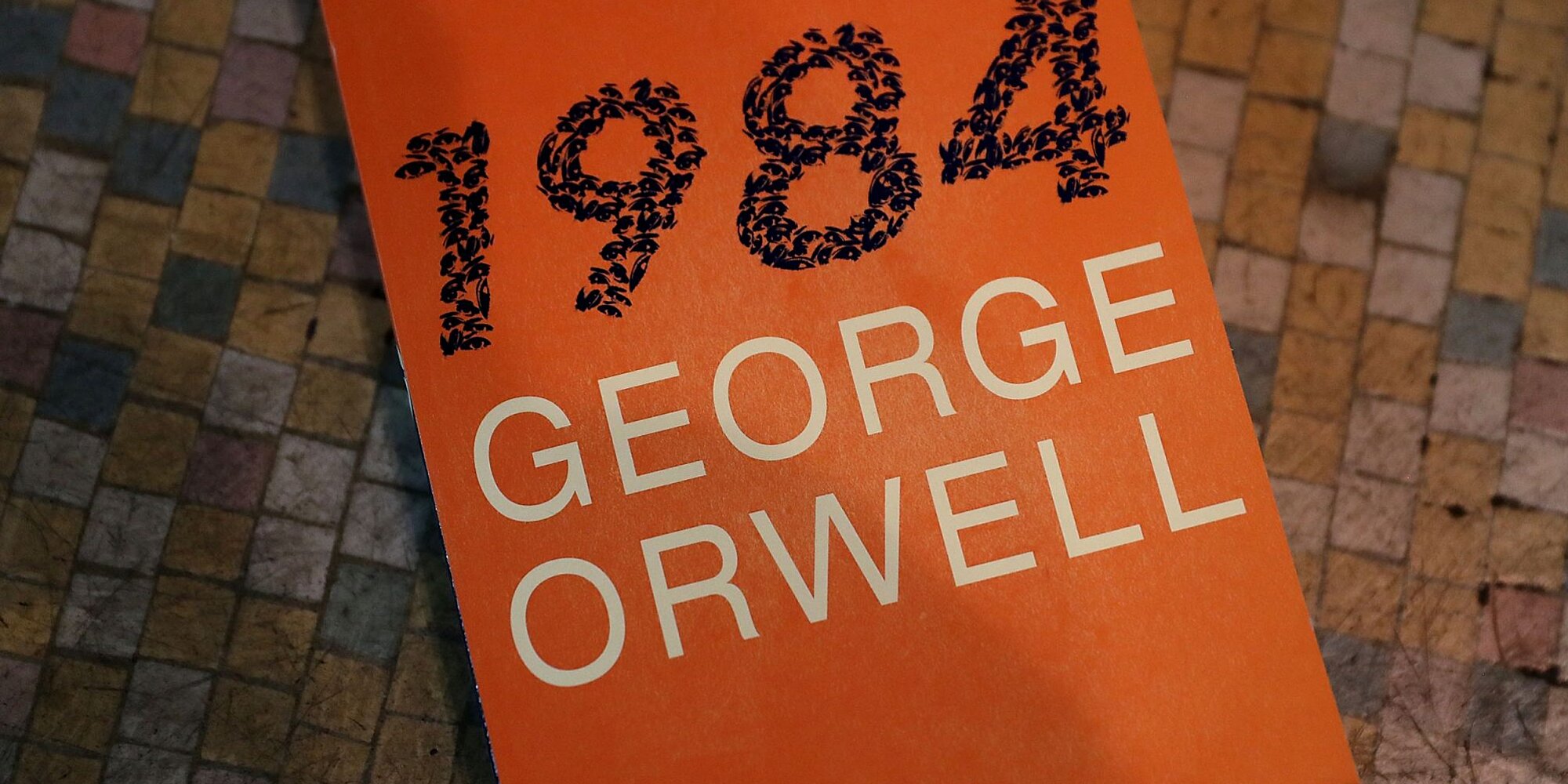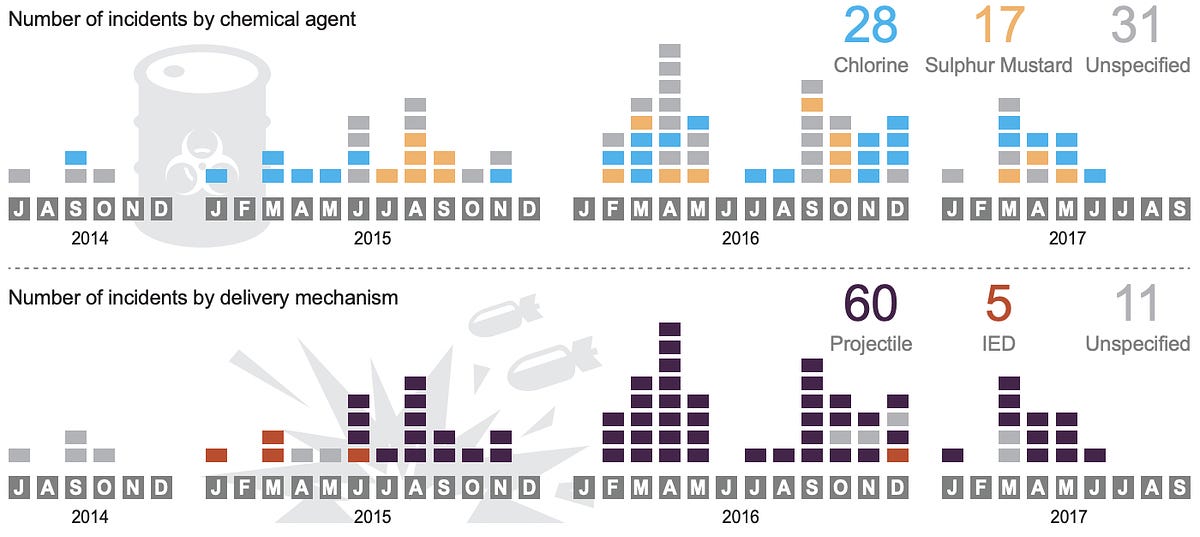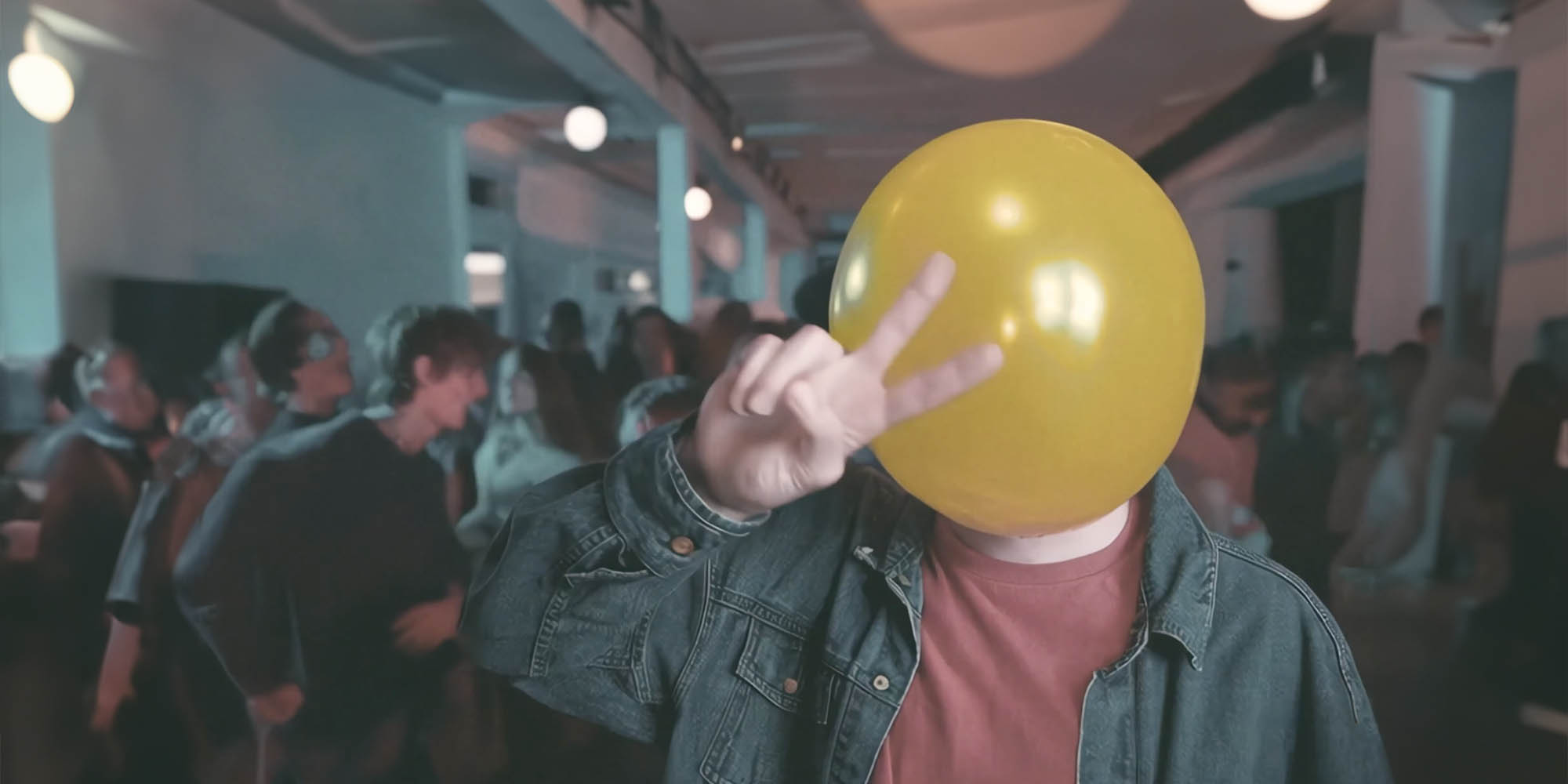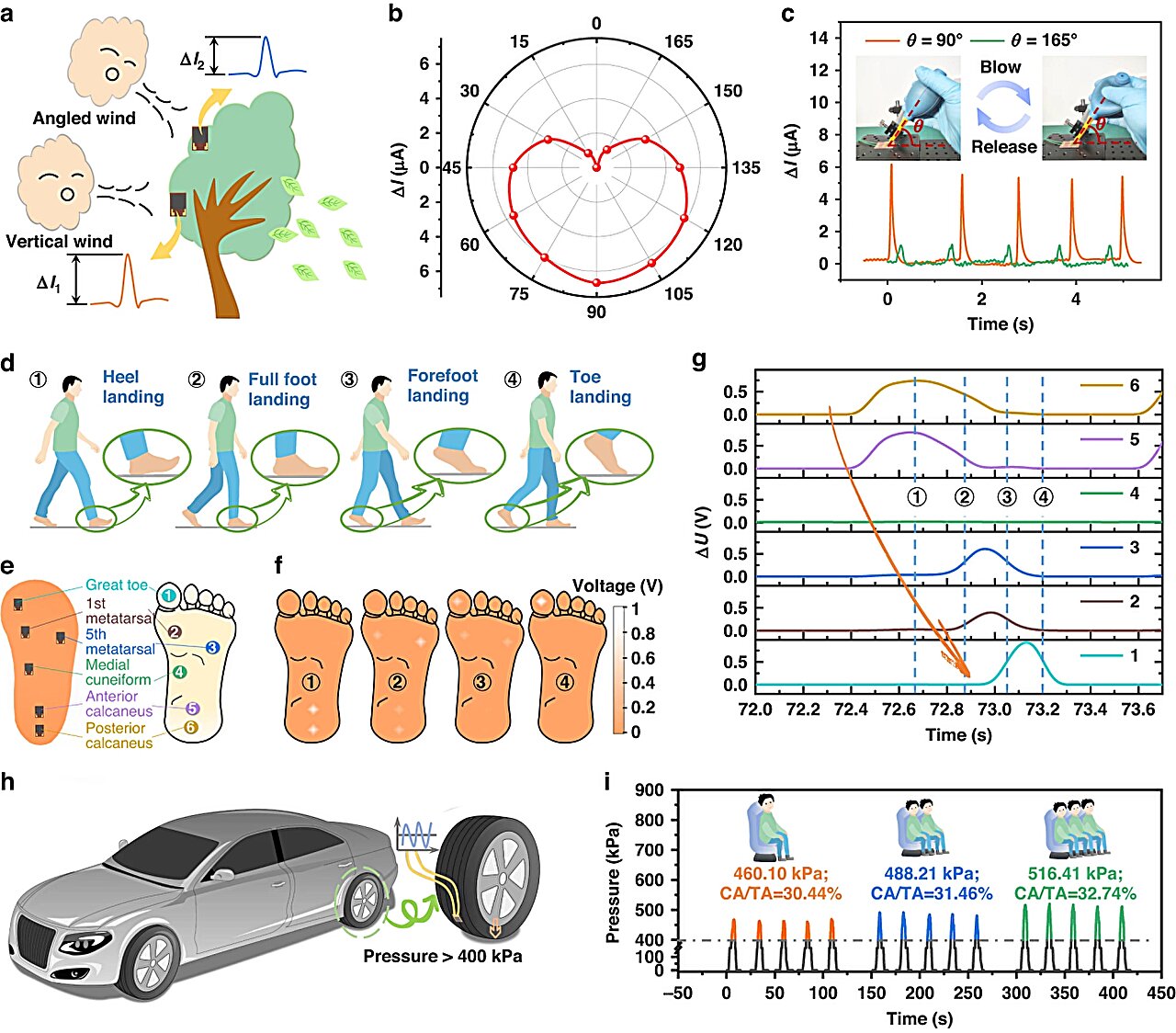
What '1984' Tells Us About Eating Under a Totalitarian Regime
“I wonder what a lemon was,” says Julia, the young rebel heroine of George Orwell’s 1984, after hearing a rhyme about lemons and oranges. “I can remember lemons,” says Winston, the novel’s protagonist. “They were quite common in the fifties. They were so sour that it set your teeth on edge even to smell them.” The novel, which your high school English teacher probably made you read so that you’d understand the word “Orwellian,” has been in the news over the course of the last month for suddenly shooting to the tops of bestseller lists. It imagines a totalitarian future in which objective truth becomes obsolete and simple commodities like lemons become mythical.
In the fictionalized socialist nation of Oceania, the government rations goods to its citizens, and publishes only news that make the rations seem plentiful, even though they are barely enough to get by. Goods like coffee are replaced with artificial Victory Coffee, gin is replaced with synthetic Victory Gin, and sugar is replaced with the more readily available saccharine tablets. Over time, the people of Oceania have become accustomed to these approximations of once-common commodities and have lost their sensory memories of the foods—the way chocolate melts on the tongue and the way a little pile of sugar feels when you push a finger into it.
The chocolate rationed out to the masses is “dullbrown crumbly stuff” that tastes “like the smoke of a rubbish fire,” and Victory Gin gives of a “sickly, oily smell” and tastes “like nitric acid.” Eating in Oceania, like sex or reading, is a punishing, utilitarian activity, with little room for personal predilections. Few people remember a time when it was anything else, their palates flattened from years of propaganda and saccharine.
/https://public-media.si-cdn.com/filer/9f/61/9f610676-9962-4627-ae89-bf59fc6cb735/lod_mosaic_lower_register_web.jpg)








/cdn.vox-cdn.com/uploads/chorus_asset/file/25417835/51684715392_2615642caa_o.jpg)











